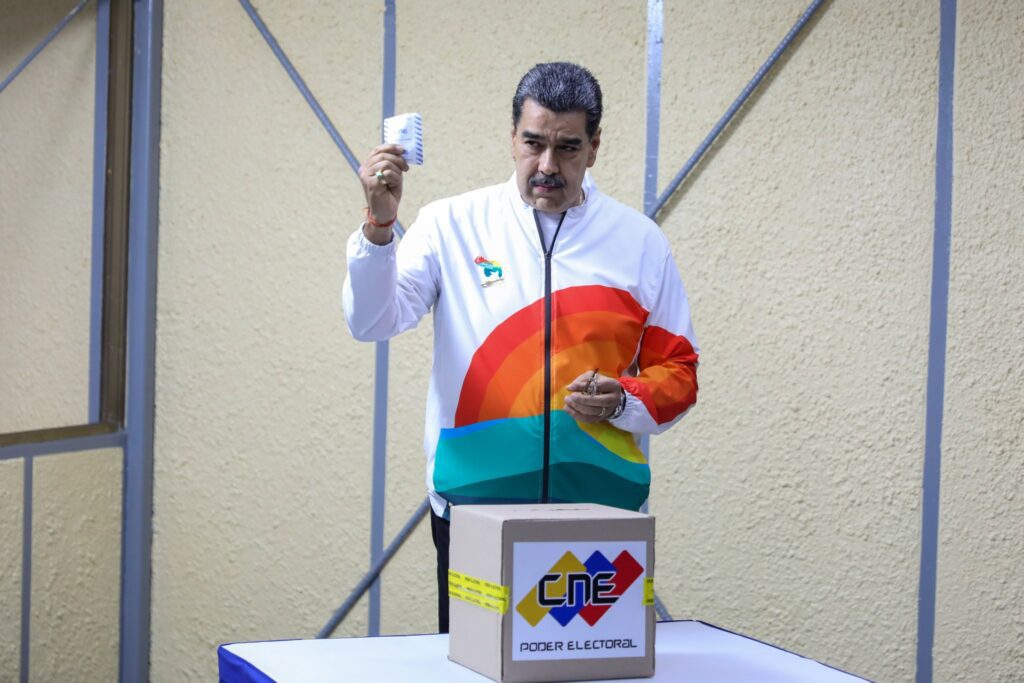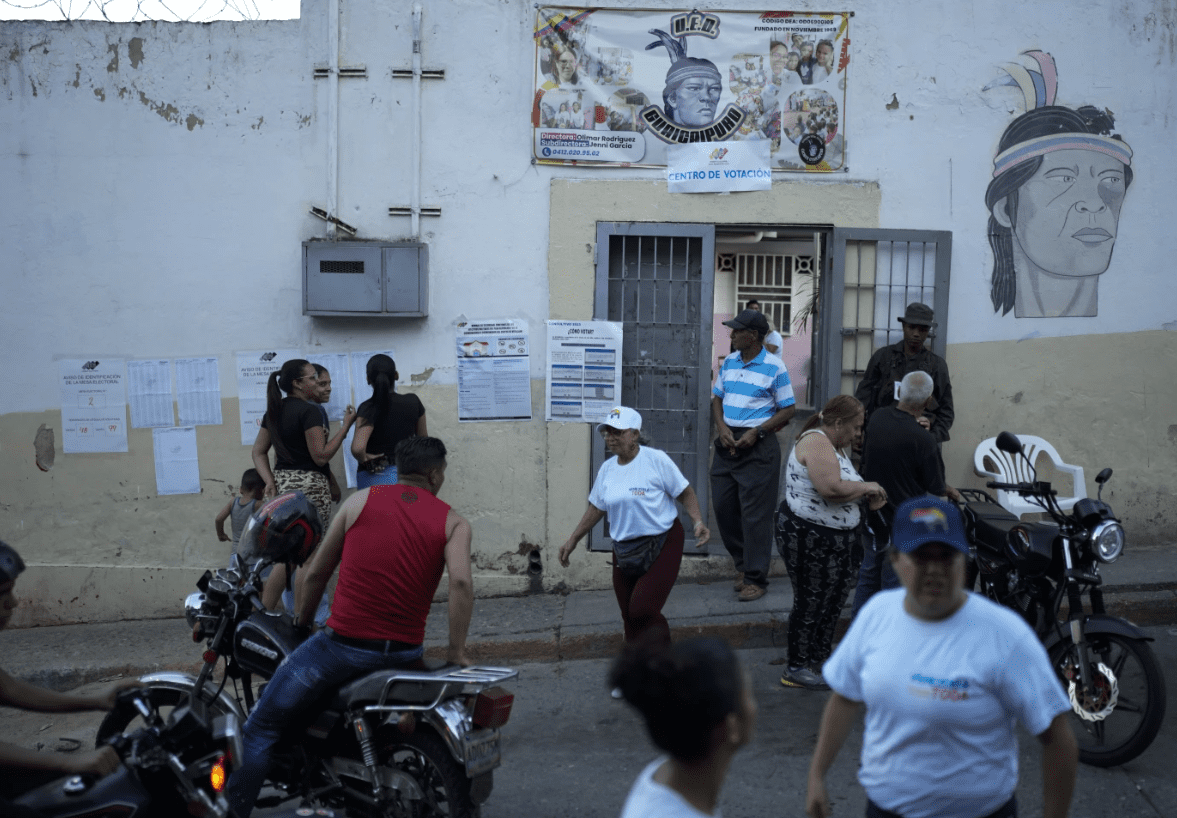“The Venezuelan people have spoken loudly and clearly.”
Those were the words of Nicolas Maduro, Venezuela’s President, quoted by Reuters as he claimed victory over the referendum held on December 3 meant to annex Guyana’s Essequibo territory.
But reports of low voter turnout, tell a different story.
Venezuela’s electoral authority President, Elvis Amoroso reported at least 10.5 million votes were cast for ‘yes’. He did not confirm the number of voters. Venezuela has more than 20 million eligible voters.

Refrain from provocation and warmongering – OAS Chief tells Venezuela | OilNOW
Reuters witnesses said a survey of the voting centers across Venezuela showed many had “few or no people” waiting to cast their ballots. In Maracaibo, in the oil-rich state of Zulia, poll workers also told Reuters that turnout was low. Similar reports were made by Associated Press (AP).
Added to this was the fact that Venezuela had to extend voting by two hours.
Venezuela went ahead with the referendum in clear defiance of the International Court of Justice (ICJ) ruling. It ruled on Friday last that Caracas should refrain from actions that would compromise Guyana’s administration and control of the Essequibo territory.
Maduro and his government have been resolute in their dejection of the ICJ’s authority to resolve the controversy.
Guyana’s official request was filed on October 30, for the provisional ICJ measures, in the case concerning the Arbitral Award of 3 October 1899 (Guyana v. Venezuela), as outlined in Article 41 of the Court’s Statute.
The ICJ affirmed its jurisdiction twice to address the controversy between Venezuela and Guyana, offering the potential for a final, binding, and equitable settlement under international law. But despite participating in the ICJ proceedings, Venezuela has been attempting to deviate from the process.
Maduro, in September, proposed to meet directly with President Irfaan Ali to resume the 1966 Geneva Agreement, as Venezuela ramped up its aggressive posturing because of Guyana’s offshore licensing round. That included increased military activities and troop mobilization by Venezuelan forces in proximity to Guyana’s borders. And the referendum.




